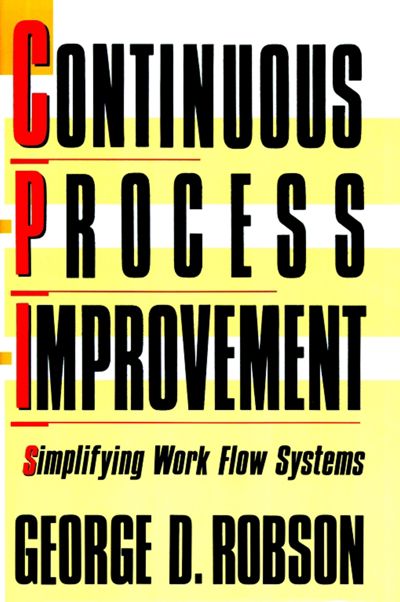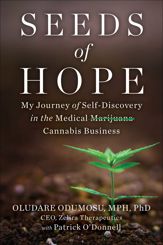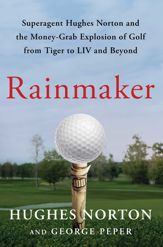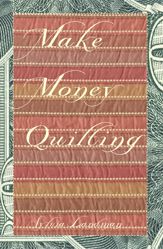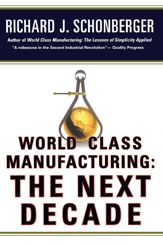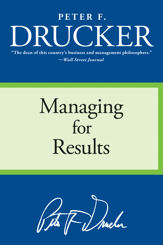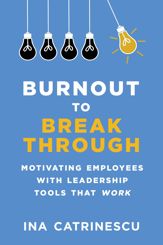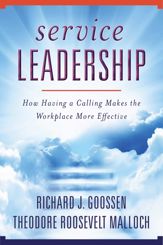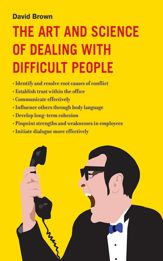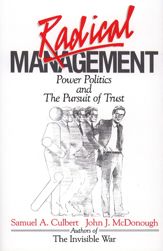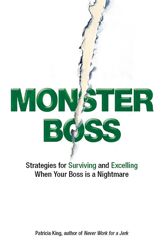George Stalk, Jr. Coauthor of Competing Against Time and KAISHA: The Japanese Corporation World class competition today means having the lowest costs, the highest quality, and the fastest response in satisfying the needs of customers. Mr. Robson has written the manual needed by organizations striving to meet intense performance standards.
Description
During the past decade Japanese companies have derived many of their competitive advantages from streamlined work-flow processes. Desperate to replicate the Japanese systems, American managers have bought into countless theories advanced by management consultants which, lacking a methodology, have proved fruitless and frustrating. Now, from inside a world-renowned learning organization, comes that methodology.
Continuous Process Improvement (CPI) is an improvement and problem-prevention system created and developed by George Robson to "empower" natural work teams in three General Electric businesses. Composed of a logical set of steps, at the heart of which is "Process Flow Diagramming," CPI focuses on and simplifies the critical elements of work flow processes and eliminates those parts that add no value.
Not only has this methodology helped these GE businesses save in excess of $35 million during the first two years of implementation, but similar techniques are now being employed by leading-edge companies throughout the world. CPI is a transportable system that not only has profoundly changed manufacturing practices, but has been applied with equal success in all areas of a business. Robson shows how the "Iceberg Phenomenon" can identify the measurable benefits of accurately accounting for direct and indirect costs by carefully tracking expenses. Planning for the true costs of customer service, marketing concessions, and retraining can turn unplanned losses into short- and long-term returns on investments. Robson focuses on activities that are critical to quality in design and production and demonstrates how non-value-added work can be eliminated. The staggering cost of re-work, calculated in "The Rule of Tens," is reduced by catching mistakes before they escape to subsequent stages of handling. The CPI system, which has been widely praised within General Electric, will be of broad interest throughout the business and university communities.
Reviews
Matthew Nash Principal Harbridge House, Inc. A practical book for teams that want to improve their business processes. Robson's easy-to-understand conversational approach is supported by many case examples of how others have actually implemented process improvement. It will be particularly helpful for people who are just beginning to be serious about process improvement.
Stephen C. Schoonover, M.D. President Schoonover Associates Businesses today are undergoing a remarkable revolution in which continuous process improvement (CPI) is one of its driving forces. Robson translates the theory and philosophy of CPI into practical strategies that can be applied in any work setting. This book represents one of the most comprehensive, yet simple treatments of the subject, making the benefits of CPI available to those who have to make change happen through their day-to-day actions.
